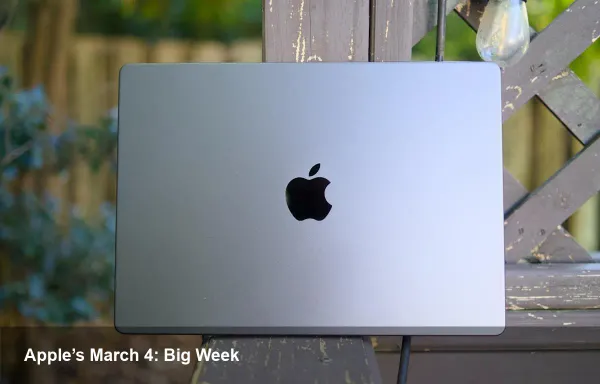Sling TV Pays Up For Violating Your Privacy Rights

- Sling TV has settled a California data privacy lawsuit for $530,000.
- The lawsuit alleged the company used a confusing and deceptive process for users trying to opt out of the sale of their personal information.
- Sling TV was also cited for failing to provide adequate privacy protections for children, a key concern for regulators.
- This settlement is the first in a wider California probe into the data practices of other major streaming services.
Sling TV Caught in Privacy Probe
Dish-owned streaming service Sling TV has become the first casualty in a sweeping investigation by the California Department of Justice, agreeing to a $530,000 settlement over accusations that it violated state data privacy laws. The lawsuit claimed Sling TV deliberately made it difficult for consumers to prevent the sale of their personal data and failed to protect the privacy of children using the platform.
The settlement marks a significant moment in the enforcement of the California Consumer Privacy Act (CCPA), signaling that regulators are taking a hard look at the data practices of the entire streaming industry. According to California Attorney General Rob Bonta, this is just the beginning, with more agreements or lawsuits expected to follow.
Deceptive Practices and Hidden Opt-Outs
The core of the lawsuit focused on Sling TV's allegedly deceptive opt-out process. State investigators found that when users tried to stop the sale of their personal information, Sling TV directed them to its cookie preference controls. However, this action was misleading, as cookies are not the only method used to share personal data.
“Consumers who figured out that turning off cookies would not stop all selling and sharing of their information had to click through hard-to-find links and fill out a webform to actually opt out,” the official complaint stated. Furthermore, Sling TV failed to provide an opt-out mechanism within its apps, forcing users to type a long URL into a separate browser and navigate a series of complicated steps to protect their information.
Child Privacy Failures Exposed
The investigation also brought to light significant shortcomings in how Sling TV handled children's data. Unlike many competitors, the service did not offer parents the ability to create a dedicated kid’s profile that would automatically limit targeted advertising and data collection. The platform also failed to implement age-screening or obtain parental consent for collecting data from young viewers, a direct violation of privacy principles designed to protect minors.
The Settlement and What It Means for You
Under the settlement terms, Sling TV must overhaul its privacy framework. In addition to the $530,000 payment, the company is now required to streamline its opt-out process to be clear and user-friendly. Crucially, it must also introduce a designated user profile for children that, by default, prevents the collection of personal information.
In a statement, a Sling TV spokesperson said the company was “pleased to reach a resolution” but noted that it “disagree[s] with certain characterizations.”
Attorney General Rob Bonta delivered a stark warning to the industry: “We take privacy rights seriously and Sling TV was not providing consumers an easy way to opt out of the sale of their personal data as required.” This landmark settlement puts all streaming services on notice that misleading privacy settings and inadequate protections for users will no longer be tolerated.





